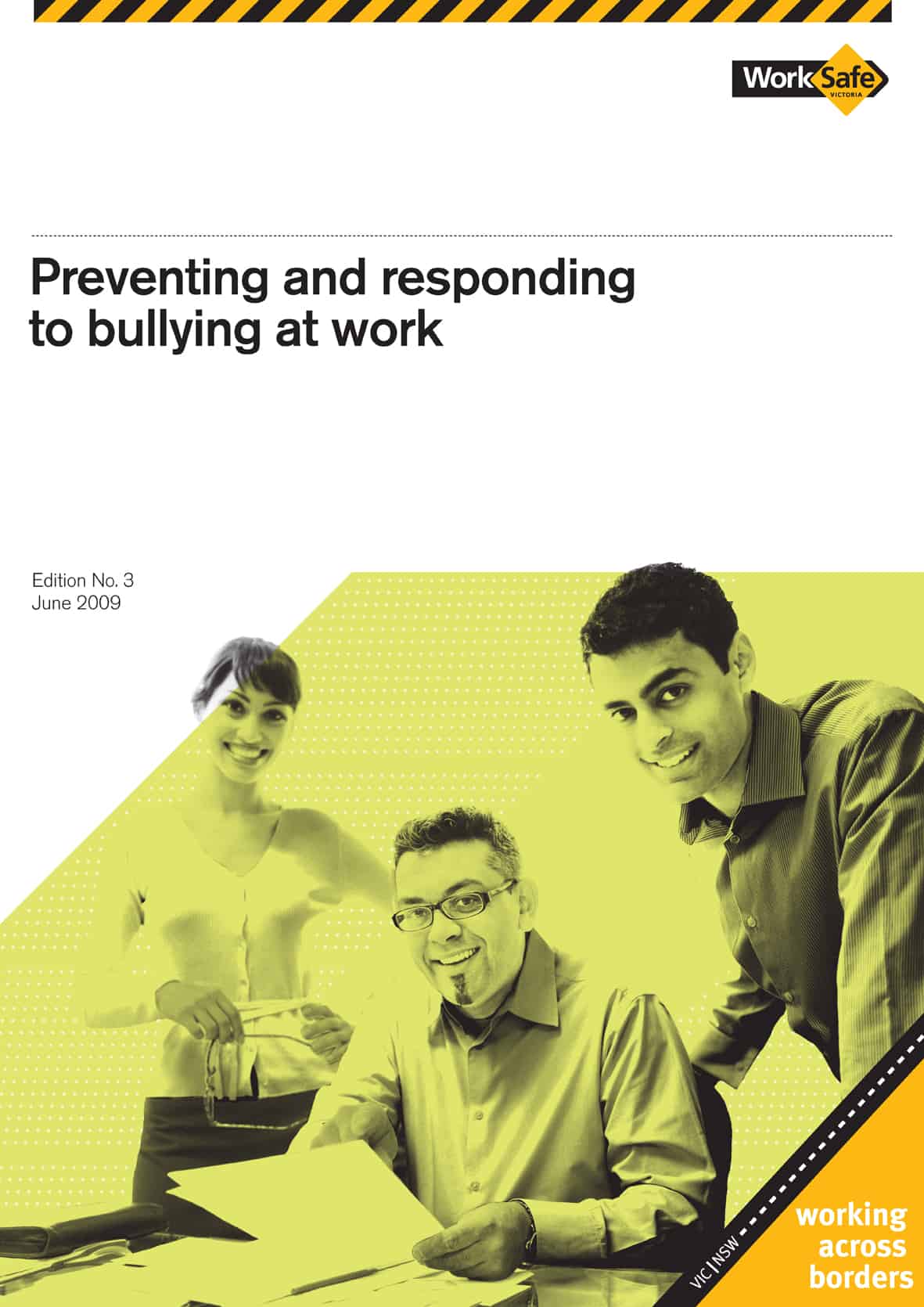On 25 March 2010, at the first of ten workplace bullying information seminars, WorkSafe Victoria, claimed to have a world-class approach to combating workplace bullying. The Europeans may dispute the claim but there is no doubt that WorkSafe is on the right path in responding to the unprecedented community interest in the issue.
 In a packed hall in the City of Melbourne, Trevor Martin, WorkSafe’s Strategic Programs Director, acknowledged the considerable media interest in the hazard over the last few years, and particularly since the prosecution of four men in associated with bullying at Cafe Vamp. Martin said that WorkSafe’s advisory help line has been receiving more that 40 calls per day on bullying and harassment issues and that
In a packed hall in the City of Melbourne, Trevor Martin, WorkSafe’s Strategic Programs Director, acknowledged the considerable media interest in the hazard over the last few years, and particularly since the prosecution of four men in associated with bullying at Cafe Vamp. Martin said that WorkSafe’s advisory help line has been receiving more that 40 calls per day on bullying and harassment issues and that
“In February [2010] 560 calls were received …… 10%, 56 cases made it through to the dedicated unit for further work to be done. That is an astonishing number of calls to WorkSafe on a single issue.” Continue reading “Unprecedented interest in workplace bullying”
